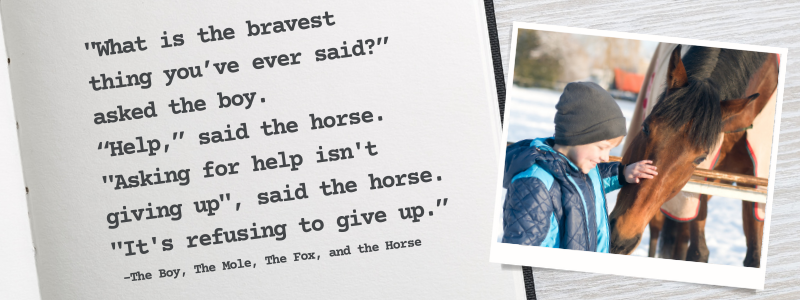Sadness, Depression, Divorce

During the grief process, which certainly occurs during divorce, it can be hard to assess feelings of sadness. When a relationship of significance ends, due to death or divorce, it is natural to feel sad. The degree of sadness can vacillate from day to day or hour to hour. There is mourning for the relationship, past memories, extended family relationships, lifestyle, financial circumstances, and future dreams. How could you not feel sad?
Sadness becomes clinical depression when it begins to interfere with everyday functioning. Some symptoms are:
- Difficulty making decisions
- Lack of enjoyment in things you used to enjoy
- Feeling sad and/or irritated
- Changes in eating and/or sleeping
- Fatigue, feeling tired
- Lack of interest in others
- Feeling guilty and/or like you’re being punished
- Crying more than usual or not being able to cry
- Lack of motivation
- Feeling like a failure
- Feeling hopeless about the future
- Suicidal thoughts
Self-care is the best medicine for fighting depression. Nutrition, rest, and exercise are key elements to mental health. In addition, practicing gratitude, changing unhealthy thought patterns, and using social and professional supports have been proven to lessen symptoms of depression.
If you are experiencing several of the symptoms listed above, consider seeking an evaluation. Talking to a professional can provide support, direction, and relief while experiencing the difficulties of this life transition. It’s the best time ever to start taking care of yourself!

